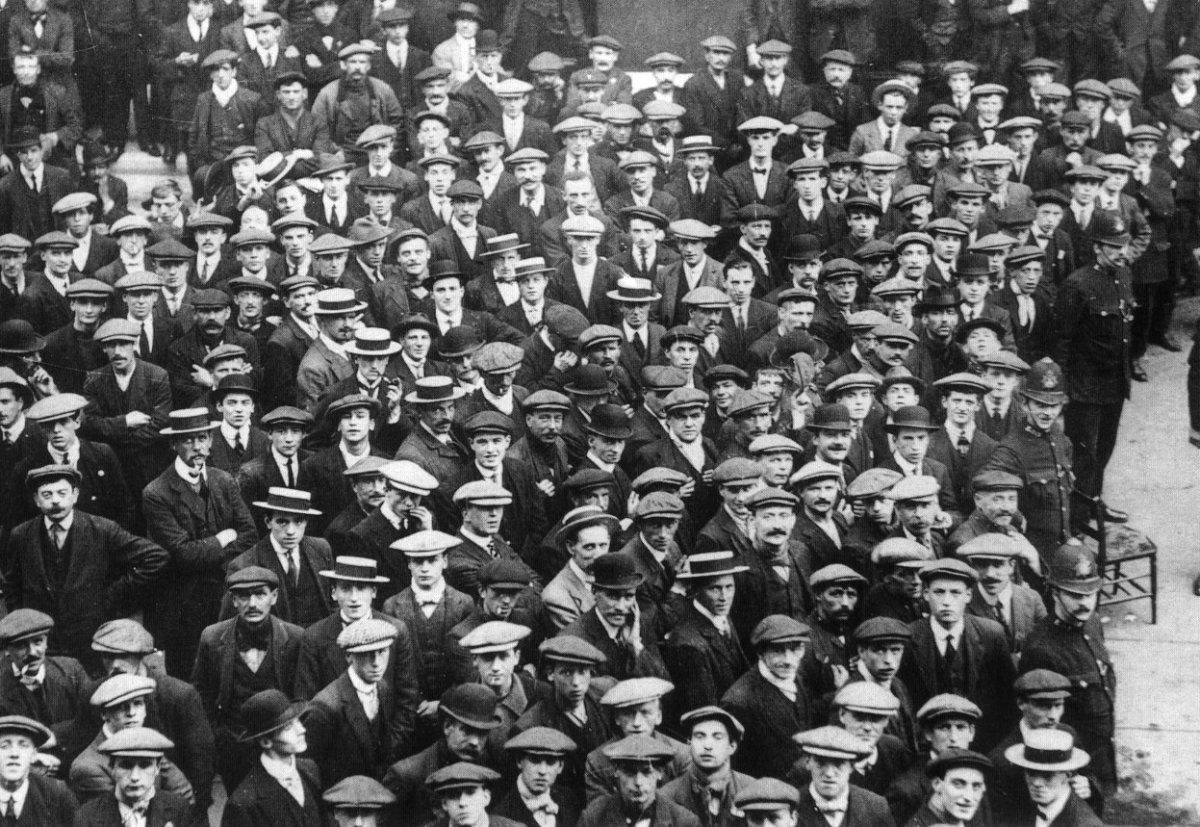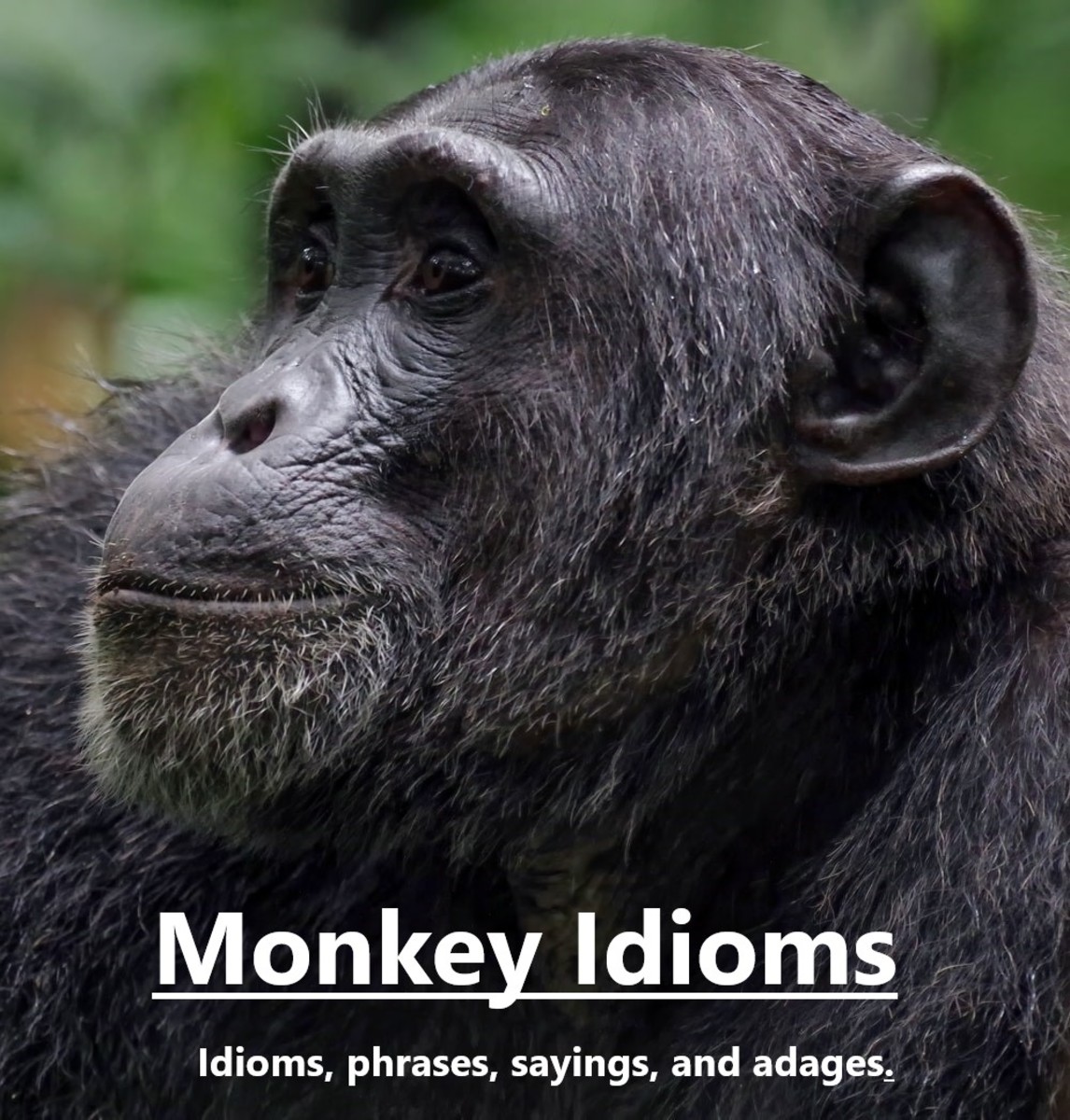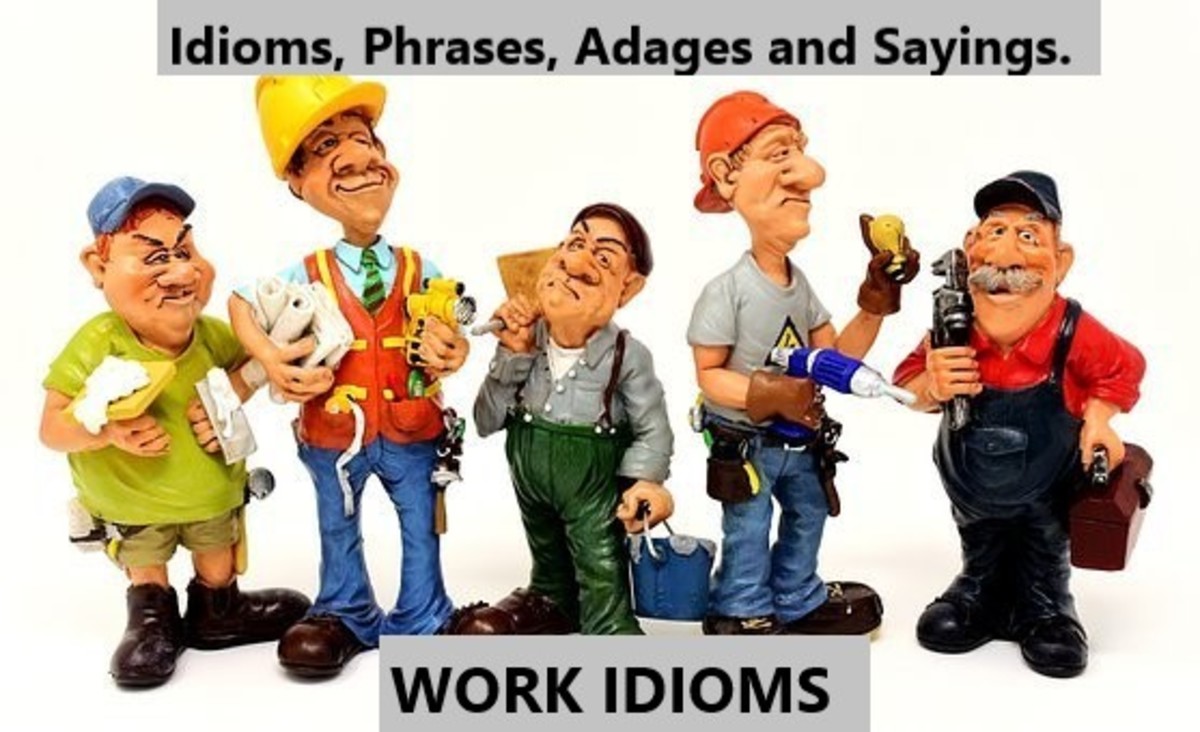How Word Preferences in the AP Styleguide Reveal Bias
Introduction
The Associated Press Styleguide, or AP styleguide for short, is one of the leading standards for modern writers. The AP style is required by many magazines, newspapers and online references.
Authors, reporters and writers must adhere to the AP style guide to be accepted by many paying customers. This means that wording and terminology called out in the AP style guide affects how information is communicated to the public.

Examples of Bias in the AP Style Guide
The AP Styleguide's entry for "disabled, handicapped and impaired" states that writers should not suggest that someone suffers from something or is afflicted with it. The term handicapped should be avoided unless describing something like a handicapped parking spot. People cannot be referred to as handicapped or disabled, even if they are disabled or left less able due to the disability. It does not sink to the level of confusion as "differently able", but limitations on the ability to say how affected someone is by a disability limits the understanding of readers as the impact the disability has on the afflicted individual. This is not as drastic as University of New Hampshire's “Bias-Free Language Guide”, where they say non-disabled should be used instead of "normal". This linguistic trick is done in an effort to normalize the abnormal, though the end result is clunky language, unnecessary confusion and does nothing to help those who are disabled or otherwise handicapped.
In reference to religion, the Associated Press Styleguide says that "liberal" religious groups can be described as "activist", "more flexible" or holding a "broad view". There is no room in this interpretation for activists being conservative, as happened when reform Jews chose a more conservative version than the mainstream, liberal denominations. Choosing the term "broad view" to refer to liberal religious groups also ignores the fact that many activists are as strict in their theoretically more flexible views as religiously conservative groups can be.
The AP style guide states that the terms pro-abortion and anti-abortion should be used instead of pro-life and pro-choice. Pro-abortion is clear in its meaning compared to pro-choice. However, the preference for the term "abortion rights" and "anti-abortion rights" suggests that abortion is a right and those who are opposed to abortion are against basic human rights instead of supporting a right to life.
According to the AP, one says "the prophet Muhammad" but no similar entry for the Christian equivalent, Jesus Christ (the messiah) or Moshe Rabeinu (Moses our teacher). In 2004, the AP changed the translation of "Allahu Akbar" from "Allah is great" to "God is great" to reduce the perceived difference between Islam and other deities. This is similar to the nation of Malaysia saying that Christians couldn't use the term "Allah" to refer to the Christian god, even when translating documents into Arabic. Allah was a word for Muslims alone, even when discussing the Muslim supreme power.
The Associated Press likewise dropped the term Islamicist in 2013 at the request of CAIR, mandating terms like militant instead. The fact that their militant actions are driving by an Islamic theology is deemed irrelevant.
Likewise, Muslim terrorists are more likely identified as gunmen or "lone wolves" or attackers than as terrorists - and the religion of the attackers is not to be named if at all possible.
There are, however, sections delineating the views of many large Christian sects as it has for major Muslim groups.
The preference for gender neutral is taken to an extreme in the Associated Press style guide. The term mankind should be dropped in favor of mankind. Firemen should be described as firefighters, even if all of them are men.
Alcoholics are described as recovering, not reformed. This implies recovering from an accident or illness, not a deliberate choice to alter behavior. One recovers from dehydration or a virus; one must choose to stop drinking and reform oneself to stop abusing alcohol.
The Associated Press banned the term "Illegal alien" in April, 2013. It instead suggests the term "undocumented immigrant", a more benign term that ignores the fact that illegal aliens are breaking the law to be where they are. Instead, it adopted a term that sounds as if they lost their driver's license. In comparison, the University of New Hampshire sent out a “Bias-Free Language Guide” that advised against using the word “American,” labeling it “problematic”, in July of 2015. Both linguistic wranglings reflect a negative view of nationalism, particularly American nationalism.



